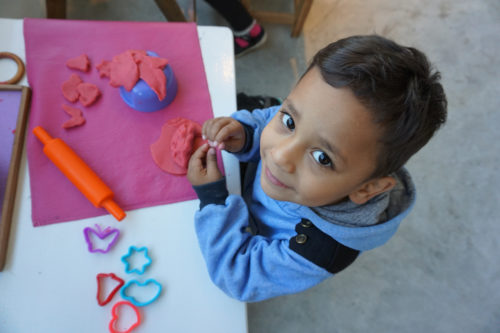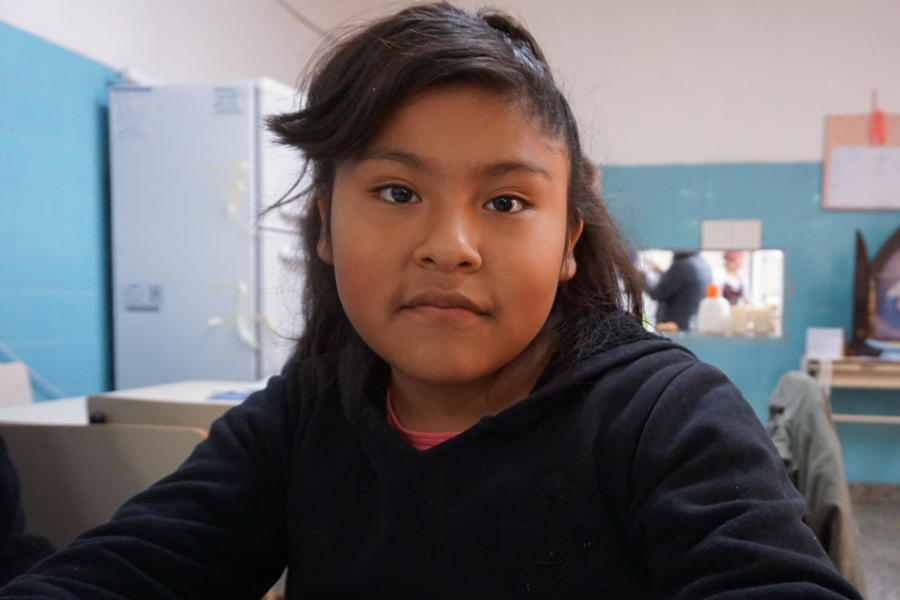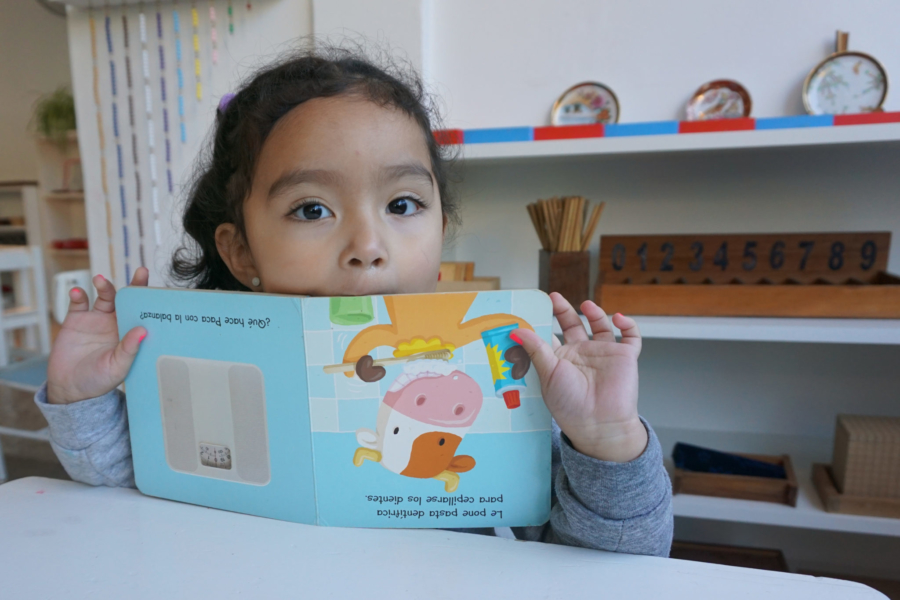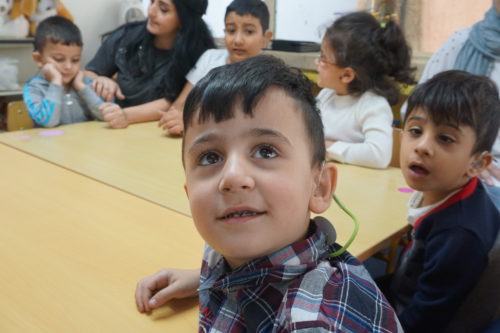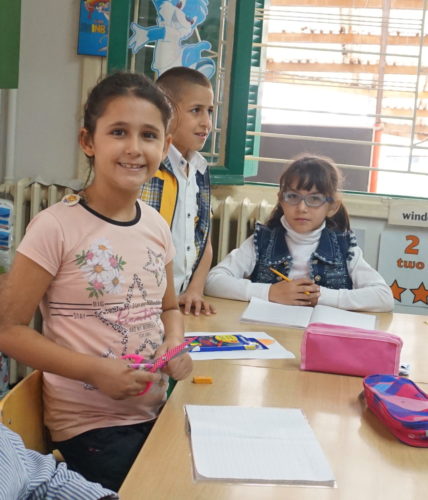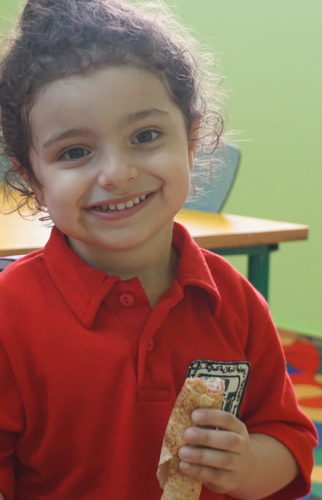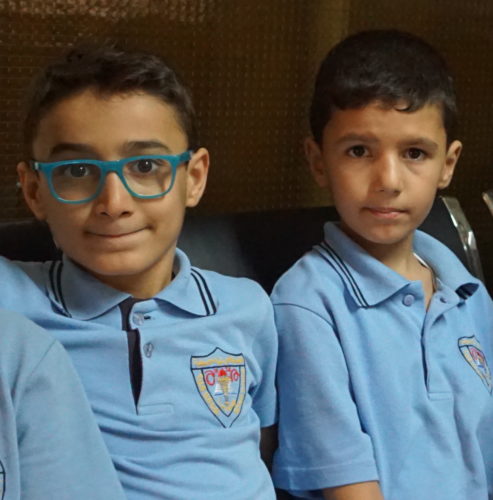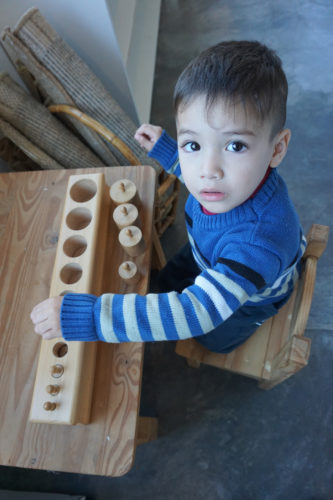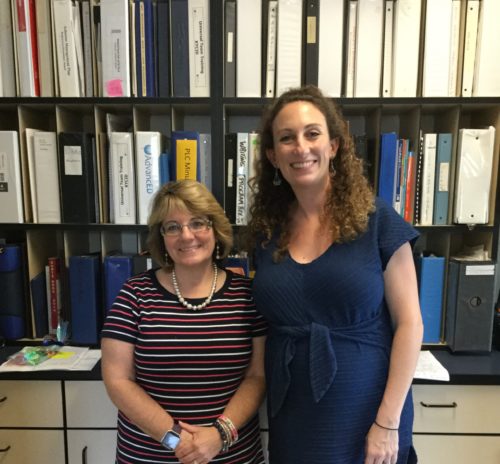The second-largest nation in Latin America, Argentina is truly a nation of contrasts. In geography alone, its borders envelop a full spectrum of topography including rugged, towering mountains, tropical lowlands, arid steppes and plateaus, and frigid tundra.
Despite being a rather wealthy country, Argentina faces a poverty crisis caused in large part by inflation rates.
Argentina is located mostly in the southern half of South America. The country is bordered by Chile to the West, Bolivia and Paraguay to the north, Brazil to the northeast, Uruguay and the South Atlantic Ocean to the east and the Drake Passage to the south. It is located between the Andes Mountains on one side and the Atlantic Ocean on the other. Despite being a rather wealthy country, Argentina faces a poverty crisis caused in large part by inflation rates.
Facts about Argentina
– The capital is Buenos Aires
– Argentina is the second-largest country in South America
– The population is 44.27 million
– The official language is Spanish
– 92% of Argentinians are Roman Catholic religion
– Argentina is the 8th largest country in the world
– The currency is the Argentinian peso
– The name “Argentina” comes from the Latin word for silver
Facts about poverty in Argentina
- The government of Argentina estimates that a third of the population lives below the poverty line
- About 20% of the population lives on less than $2 a day
- Women make up a larger share of the poor. They comprise a large percentage (60 percent) of those employed in part-time or low-skill (and therefore low-paying) jobs
- About 50% of children under the age of 14 live in poverty
- There are currently an estimated 500,000 young people in Argentina outside of the country’s education system
Where we work in Argentina
In Argentina, we are affiliated with two projects, Casa del Nino-Maria de Nazaret and Casa del Nino-Padre Jose Kentenich, both of which are located in Buenos Aires.
Read more about these projects
A Shining Light in the Culture Capital of Argentina
Creative Learning in Buenos Aires
How you can help children in Argentina
You can help a child living in poverty in Argentina in a few different ways. One way is through our child sponsorship program. Sponsorship provides an underprivileged child with basic and education-related necessities such as food, clothing, healthcare, school supplies and school tuition payments.
This vital support allows impoverished, vulnerable children to develop to their full potential — physically, emotionally and socially. Sponsors positively impact the lives of the children they sponsor through the knowledge that someone cares about their wellbeing. This gives children in need hope, which is powerful.
Our on-site volunteer coordinators use those funds to purchase items for children in our program, to ensure that they have what they need to do their very best and succeed in school.
Our policy has always been to consider the needs of each sponsored child on an individual basis. We work closely with our volunteer coordinators at our project sites in Argentina, who are familiar with each individual circumstance and the needs of every child in their care. Sponsorship donations are sent to our projects — orphanages, homes, community centers and schools — at the beginning of each month in the form of subsidy stipends. Our on-site volunteer coordinators use those funds to purchase items for children in our program, to ensure that they have what they need to do their very best and succeed in school.
You can also help children in Argentina by donating to one of our special funds. Our special funds offer a variety of giving options for sponsors who wish to further their support, as well as for donors who wish to make a difference without making a commitment. In the past, thanks to donations to our Hope In Action Fund and our International Feeding Program, we have been able to further support our projects in Argentina beyond sponsorship.
***

